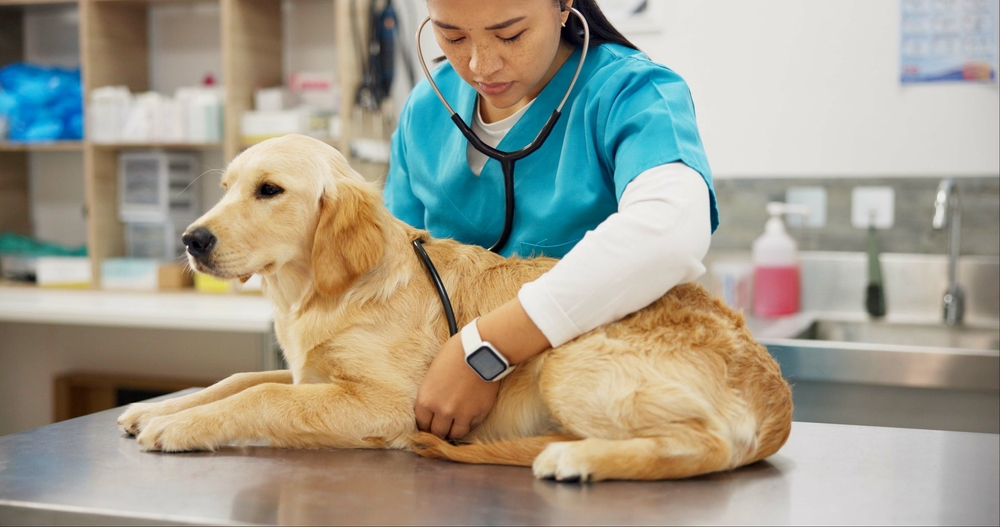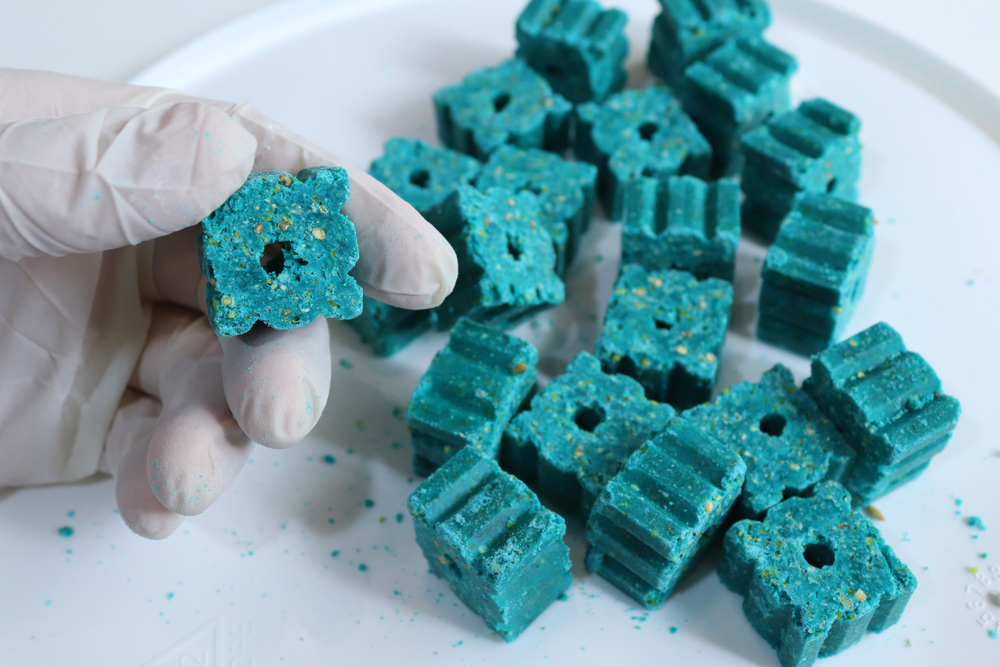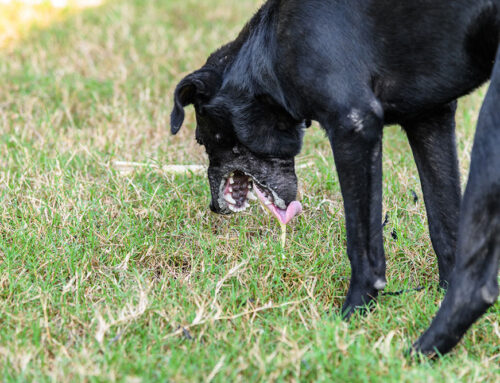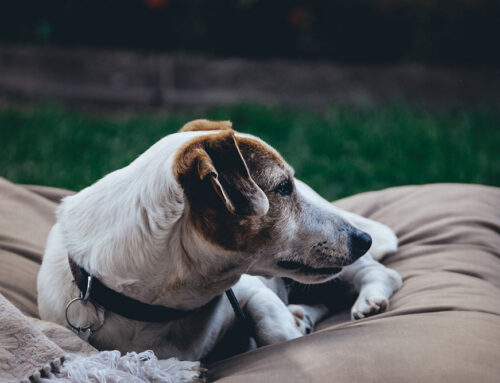Rodenticides are widely used to control rodent populations, but these products pose a significant risk to pets, potentially leading to fatal poisoning. Our Peak Pet Urgent Care team believes that knowledge is key to keep your pet as happy and healthy as possible, so we provide information about rodenticide toxicity and how to protect your four-legged friend.
Rodenticide types
Rodenticides come in several formulations, each with different active ingredients and toxicity mechanisms, which are all dangerous for pets. The following are details about each rodenticide type.
Anticoagulants and pets
Anticoagulant rodenticides are a common type of rat and mouse poison that interferes with blood clotting. These poisons work by inhibiting vitamin K’s action, which is essential for blood clotting. When blood can’t clot, uncontrolled bleeding occurs. Other important information includes:
- Signs — Anticoagulant poisoning signs include lethargy, pale gums, unexplained bruising, nosebleeds, blood in urine or feces, coughing up blood, and difficulty breathing.
- Onset — Signs can appear a few days to a week after ingestion, depending on the amount consumed and the specific anticoagulant.
- Treatment — Immediate veterinary care is essential. Treatment typically involves administering vitamin K1 to restore blood clotting ability and, in severe cases, blood transfusions.
Bromethalin
Bromethalin rodenticides target the central nervous system and disrupt normal mitochondrial function in nerve cells, leading to sodium accumulation in the cells. This causes swelling in the brain and spinal cord, which increases pressure in the nervous system. Other important information includes:
- Signs — Signs include muscle tremors, seizures, incoordination, paralysis, and behavioral changes, such as agitation or lethargy. The severity depends on the amount ingested and the pet’s size.
- Onset — Bromethalin poisoning signs can appear hours to days after ingestion.
- Treatment — Affected pets require immediate veterinary care. Treatment often involves decontamination, including inducing vomiting and administering activated charcoal. Other treatments include medications to control seizures and reduce brain swelling and supportive care, such as intravenous fluids and oxygen therapy.
Cholecalciferol
Cholecalciferol rodenticides, also known as vitamin D3 rodenticides, severely affect your pet’s health by disrupting the body’s calcium and phosphorus balance, leading to potentially fatal conditions. These products increase calcium and phosphorus absorption from the intestines, which mobilizes calcium from the bones and leads to elevated calcium and phosphorus levels in the blood. This disrupts normal cellular functions and damages organs, especially the heart, kidneys, and gastrointestinal tract. Other important information includes:
- Signs — Signs include increased thirst and urination, vomiting, inappetence, lethargy, and in severe cases, kidney failure, cardiac arrhythmias, and death.
- Onset — Signs typically appear in 12 to 36 hours.
- Treatment — Treatment involves inducing vomiting, administering activated charcoal, medications to lower calcium levels, and supportive care, such as intravenous fluids.
Zinc phosphide
Zinc phosphide rodenticides control rodent populations by releasing a toxic gas when ingested. Ingested zinc phosphide reacts with stomach acid to produce highly toxic phosphine gas, which disrupts cellular respiration, causing cell death and damaging multiple organs, including the liver, heart, and kidneys. Other important information includes:
- Signs — Signs include vomiting, often with a garlicky odor, abdominal pain, bloating, difficulty breathing, weakness, tremors, seizures, and sudden death.
- Onset — Signs can start minutes to hours after ingestion.
- Treatment — Decontamination is important, but inducing vomiting can be dangerous because the gas is so toxic. Other treatments include administering activated charcoal, medications to control signs, and supportive care, such as intravenous fluids and oxygen therapy.
Rodenticide toxicity first aid for pets

If you know or suspect your pet was exposed to a rodenticide, immediate veterinary care is important. Follow these steps:
- Contact your veterinarian — Contact Animal Poison Control, and immediately call your veterinarian or our Peak Pet Urgent Care team for advice. Do not induce vomiting without veterinary guidance, since you can do more harm than good, depending on the poison type.
- Collect information — Gather the rodenticide packaging or note the active ingredients to accurately inform the veterinarian.
- Emergency visit — Transport your pet to a veterinary clinic as quickly as possible for professional treatment.
To prevent rodenticide poisoning, store rodenticides out of your pet’s reach and consider using a pet-safe alternative for rodent control. Contact our Peak Pet Urgent Care team immediately if your pet is exposed to a rodenticide.







Leave A Comment